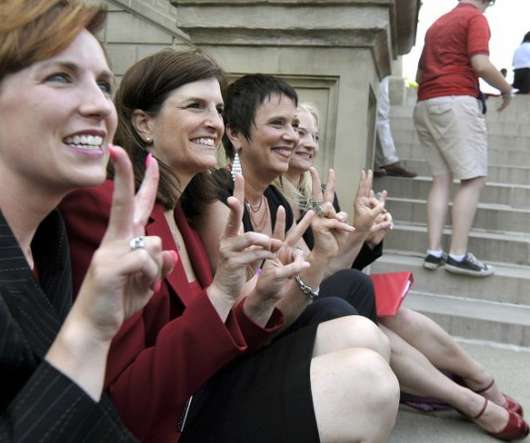Uber: criminal?
Rebuilding Place in Urban Space
JULY 14, 2022
These firms evaded regulation, but were able to mobilize their customers as advocates and pay for campaigns to support what they were doing, making it difficult for elected and appointed officials to challenge their narrative.











Let's personalize your content